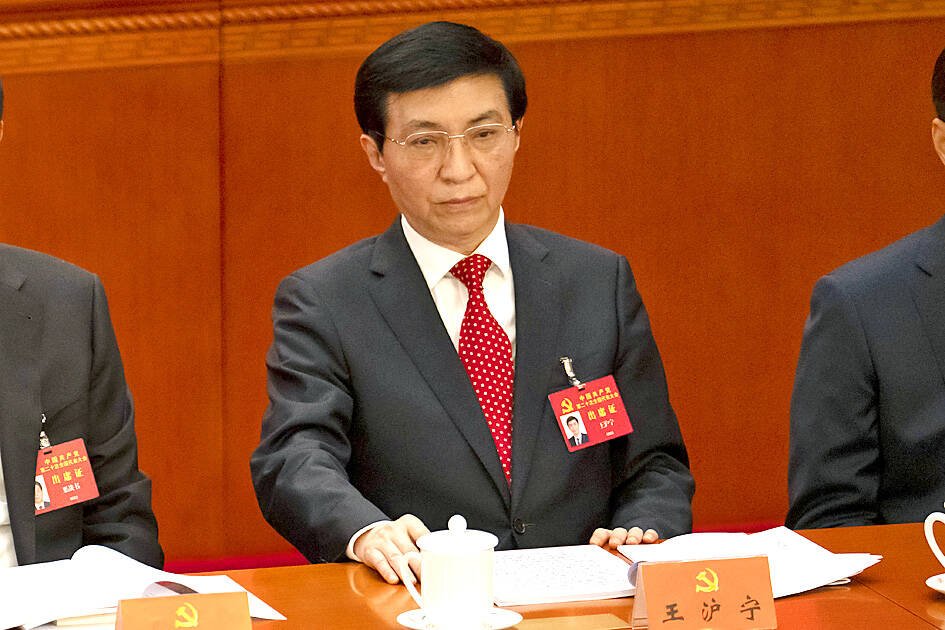
Biden speaks with Chinese President Xi Jinping in first call since November meeting
President Biden and Chinese President Xi Jinping spoke by phone Tuesday, the White House said, marking the first time the two leaders have talked since they met in-person last November. The president and his Chinese counterpart discussed artificial intelligence, counternarcotics and climate issues, according to the White House's summary of the call. A senior administration official who previewed the call said Mr. Biden was also set to stress the need for peace and stability in Taiwan before next month's inauguration of Lai Ching-te, who won the island's presidential election in January, and reiterate the U.S. commitment to the longstanding "One China" policy.

How Is China Expanding its Infrastructure to Project Power Along its Western Borders?
Within its western regions of Tibet and Xinjiang, China is constructing and upgrading dozens of airports and heliports—a large majority of which are military or dual-use facilities.1 China is supplementing its airpower expansion with new roads, rail, and other infrastructure that are upgrading the PLA’s logistics capabilities and enabling more rapid movement of troops, weaponry, and equipment. The pace of development in the region accelerated following standoffs and skirmishes between China and India along disputed portions of their border in 2017 and 2020. China also has growing security and economic interests in neighboring countries in South and Central Asia, as well as concerns about the potential for unrest within its own borders.

US, Japan, and Philippines plan joint South China Sea naval patrols
The U.S., Japan and the Philippines will launch joint naval patrols in the South China Sea later this year, according to a U.S. official and a foreign diplomat familiar with the planning. It’s a major move to counter China in the region — and one likely to elicit a strong response from Beijing.

Why the U.S. Economy Is Surging, as China’s Stumbles
Conventional wisdom that China’s economy would eclipse the U.S. in a decade—maybe even sooner—is looking uncertain. The view that China was the emerging geopolitical power, with developing nations tucked under its wings, is looking similarly shaky. It is now unclear whether China’s GDP will ever surpass the U.S. and nations around the world are rethinking their ties to Beijing and the debt trap that is the Belt and Road Initiative.

Xi aware that HK treatment eroded Taiwan goal: report
Chinese President Xi Jinping (習近平) is aware that Beijing’s treatment of Hong Kong has weakened any possible sentiment for a “one country, two systems” arrangement for Taiwan, and has instructed Chinese Communist Party (CCP) politburo member Wang Huning (王滬寧) to develop new ways of defining cross-strait relations, Japanese news magazine Nikkei Asia reported on Thursday.

Odds 'very high' of U.S. military conflict with China, top Republican says
A top Republican in the U.S. Congress on Sunday said the odds of conflict with China over Taiwan "are very high," after a U.S. general caused consternation with a memo that warned that the United States would fight China in the next two years.

China ‘in touch’ with Prague over Czech president-elect's Taiwan phone call
China Foreign Ministry on Monday (Jan. 30) said it was “in touch” with Prague after reports surfaced about Czech President-elect Petr Pavel’s scheduled phone call with President Tsai Ing-wen (蔡英文).

Assessing the Future Trajectory of China-Japan Relations
Please join the Interpret: China project, the CSIS Japan Chair, and a panel of leading experts for a discussion of likely trajectories for China-Japan relations, drawing on insights from newly translated Chinese primary source documents. The expert panel will feature Rumi Aoyama, director of Waseda Institute of Contemporary Chinese Studies and professor at the Graduate School of Asia-Pacific Studies at Waseda University, and Bonny Lin, senior fellow for Asian security and director of the CSIS China Power project. The event will be co-moderated by CSIS Freeman Chair Jude Blanchette and CSIS Senior Adviser and Japan Chair Christopher Johnstone.

Dealing with China’s polycrisis
Those paying attention to the World Economic Forum in Davos will doubtless have heard the latest buzzword of the global elite: ‘polycrisis’, a word that designates a cluster of interrelated systemic risks. Applied to the myriad problems facing Beijing, the word might be a touch melodramatic, but there’s no doubt that Chinese policymakers are confronted by some of the most challenging circumstances in decades: economic, demographic and geopolitical.


